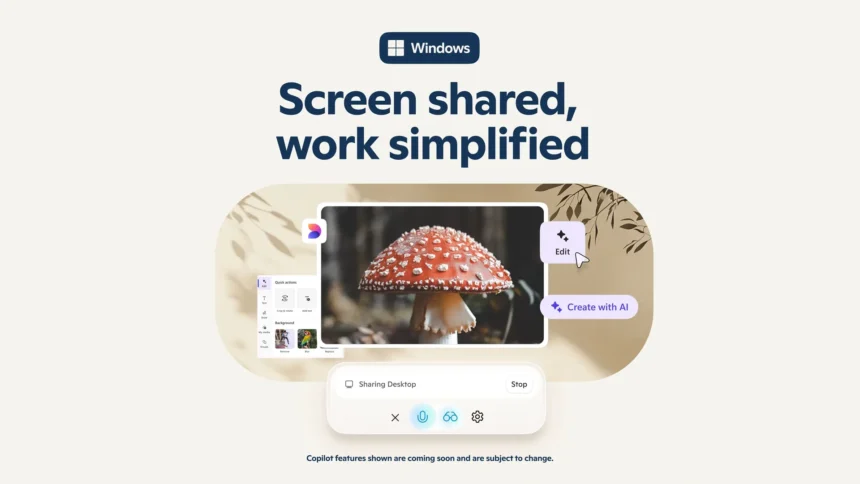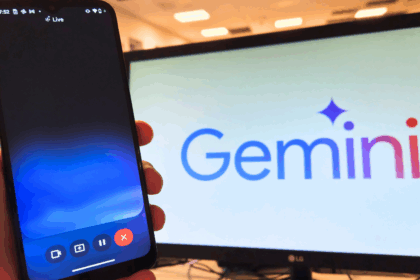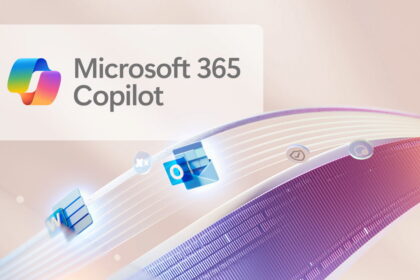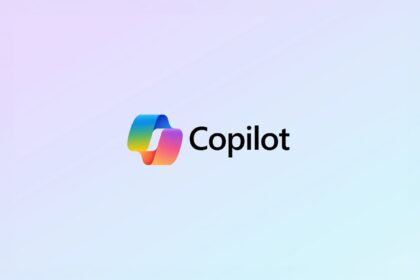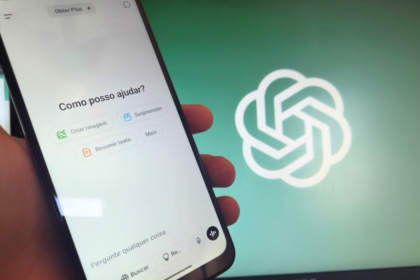Microsoft is doubling down on its AI vision with the introduction of Copilot Vision for Windows 11, a major new feature designed to transform how users engage with their apps. This move reinforces Microsoft’s commitment to deeply integrating artificial intelligence into the very core of the operating system.
Copilot Vision builds on the existing Copilot assistant by bringing a more intuitive, visual, and context-aware layer to the user experience. Instead of simply responding to typed commands, it’s designed to understand what’s happening on your screen—offering smart suggestions, automating tasks, and helping you navigate your workflow more efficiently.
This evolution signals Microsoft’s intent to turn Windows into an AI-powered productivity platform where your assistant doesn’t just listen—it sees, understands, and acts in real time. With Copilot Vision, we’re stepping into an era where your operating system doesn’t just support your work—it collaborates with you.
More details are expected during Microsoft’s 50th anniversary event, where the future of AI in Windows and the broader Microsoft ecosystem will take center stage.
What is Copilot Vision?
Copilot Vision is a powerful new feature that allows Microsoft Copilot to “see” what’s happening on your screen and offer contextual assistance based on that visual input. While this capability first appeared in the Microsoft Edge browser in 2024, its integration across the Windows 11 operating system marks a major leap forward.
Now, Copilot won’t just respond to what you type—it can visually understand your screen’s content in real-time, offering help tailored to what you’re doing, whether editing a document, navigating a website, or working in an app. This means smarter suggestions, faster task automation, and a more personalized experience.
According to Microsoft, this function will allow Copilot “Read the screen and interact with the content, facilitating tasks such as searching for information, change configurations, organize files and collaborate without changing application.”
How Copilot Vision Works on Windows 11
Copilot Vision is Microsoft’s latest leap in integrating AI into your day-to-day workflow, and it comes with a significant promise: your privacy is in your hands.
This new feature in Windows 11 lets Copilot see what’s happening on your screen—but only when you allow it. It’s a manually activated tool that won’t access your screen or apps without explicit permission. You get to decide which apps can share information with Copilot.
Once activated, Copilot Vision can:
- Analyze on-screen content in real-time
- Suggest relevant actions or even complete tasks
- Interact with certain applications directly—like a real-time personal assistant
This becomes especially powerful in productivity apps like word processors, spreadsheets, or web browsers. During Microsoft’s demo event, Copilot Vision even helped a user while playing Minecraft, offering real-time tips and assistance—a glimpse at what this tool could mean for gamers.
That said, privacy concerns have naturally come up. Microsoft was quick to clarify: Copilot Vision doesn’t run by default. It only activates when you give it permission for a specific app, and it doesn’t process anything beyond that unless you say so. The goal is to empower users, not watch them.
And it’s not just coming to PCs. Copilot Vision will also launch on mobile through the Copilot app. Using your phone’s camera; it will analyze your surroundings, identify objects, translate text on the fly, and provide contextual information in real-time.
Copilot Vision is rolling out in preview to users enrolled in the Windows Insider Program. While Microsoft hasn’t set a firm date for global availability, the feature is expected to reach all Windows 11 users later this year.

